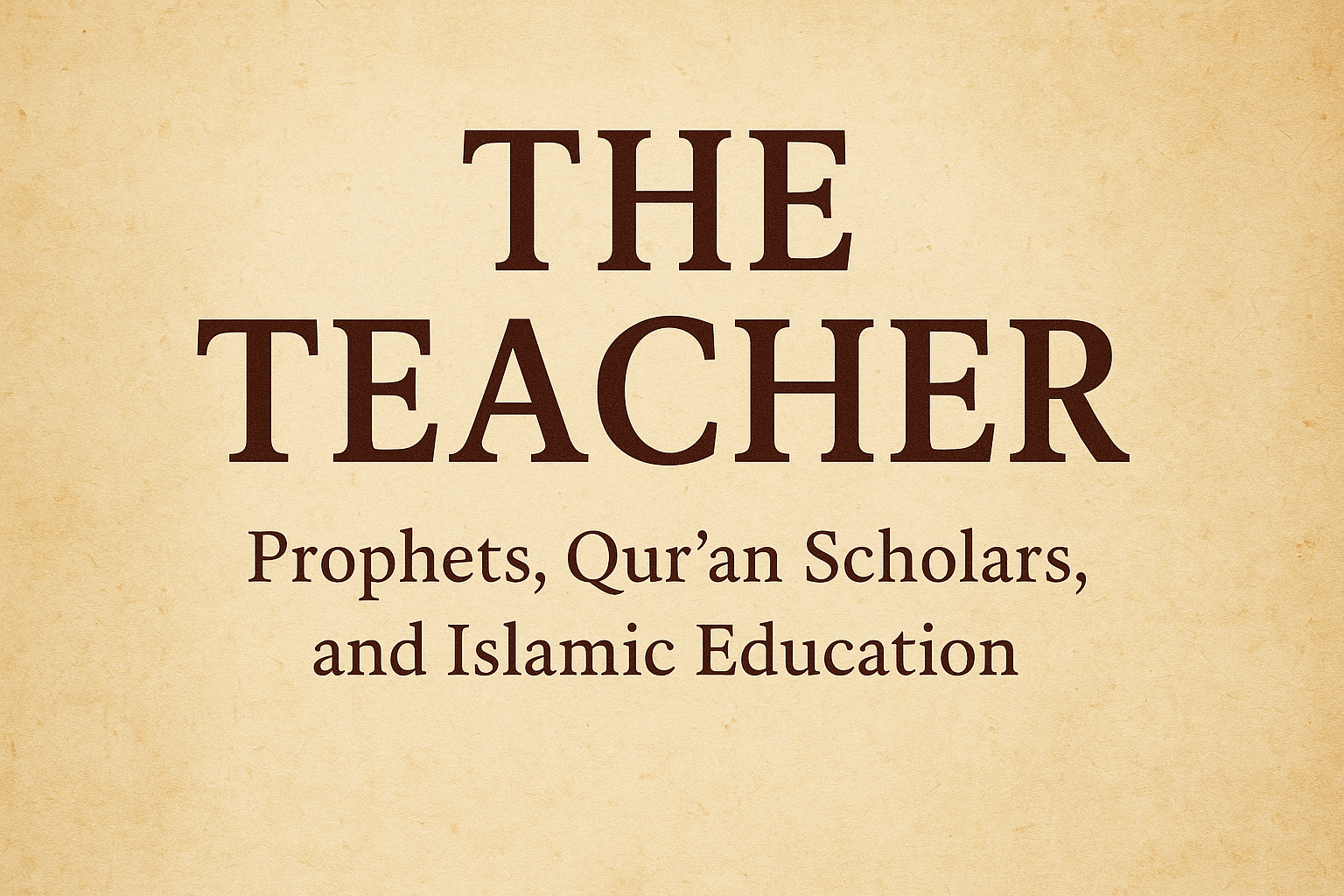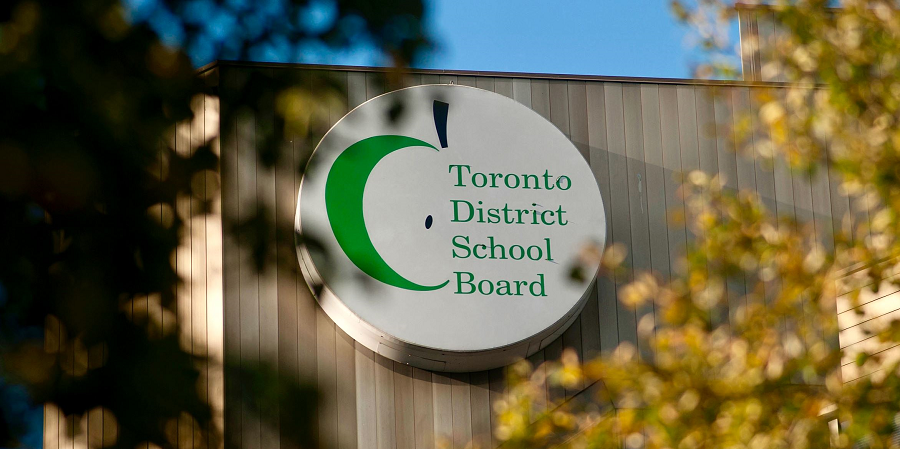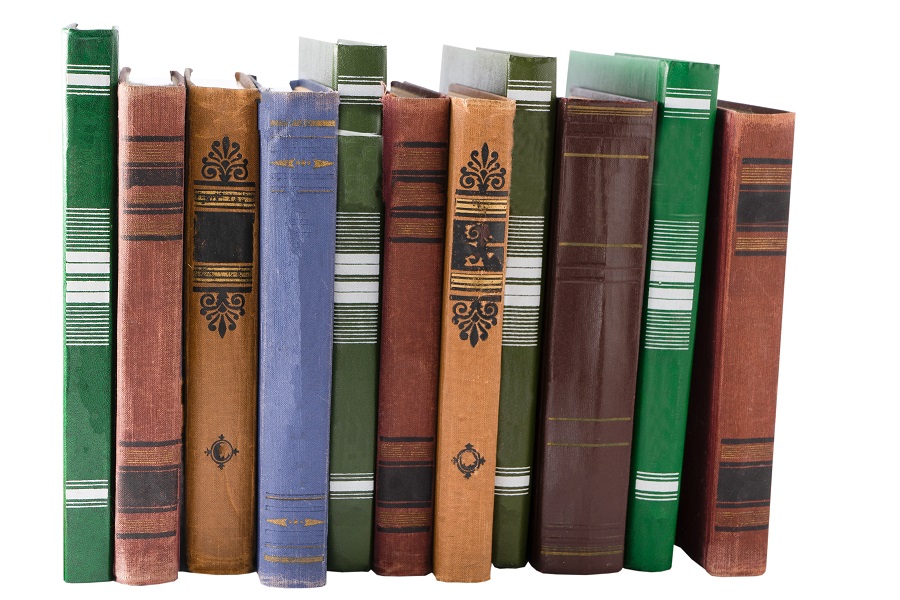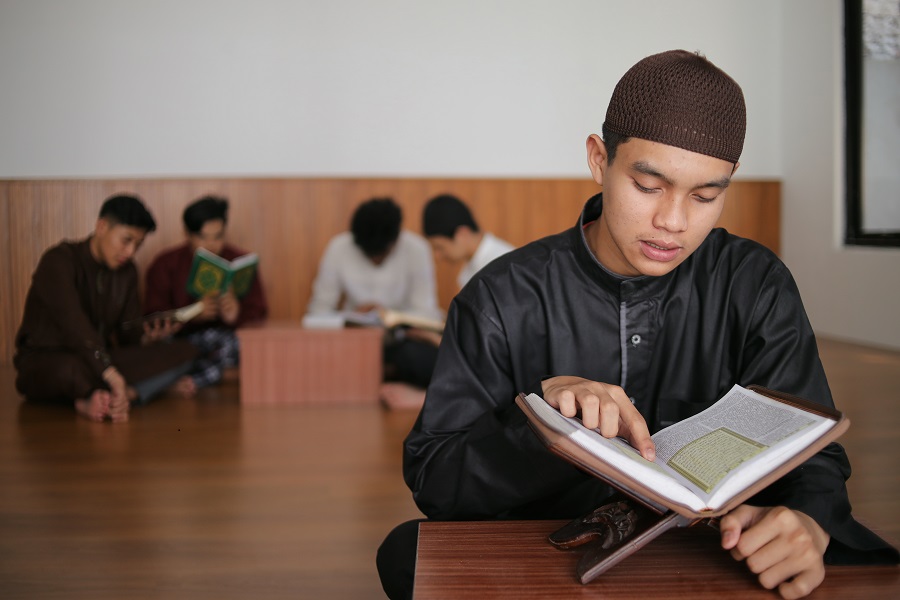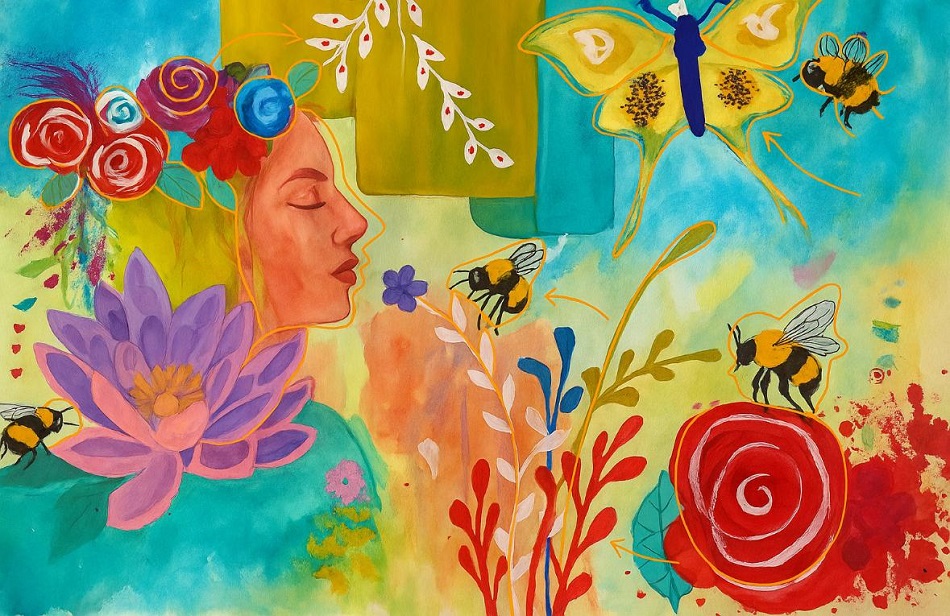JAWED ANWAR
First Published: Muslims Weekly New York, Issue No. 216, April 23, 2004
[This is a series of columns for the understanding of the history of Madrasa and Islamic Education System in Muslim India (South Asia) published in the Muslims Weekly, New York, USA, in the columns of "Personal Notes" by Jawed Anwar.]
IF you think about Greece, your first thoughts are of its highly reputable philosophers. However, during the hey-day of these great thinkers, they were regarded as anything but philosophers. These philosophers had not received any respect from their nation.
The disrespect was also from both sides: philosophers were dead-set against the excessive materialist culture that drove Greek culture. Greeks badly indulged in materialism, luxury, and pleasure. The philosophers were against such indulgences, and they criticized them in their works and discourses. The great thinkers sought to divert society's attention more towards realism and wisdom. Socrates initiated this movement. In the beginning, Socrates acted in the same manner as his fellow citizens. Lately, he had enlightened himself and realized that humans are superior to materials; therefore, our main concern should be with people, not material wealth. After that, he coined the famous statement and idea, "Know Thyself." This concept became the gist of his thoughts. It was a revolutionary slogan of the time that affected the life and thoughts of generations after generations. Based on his thoughts, the priorities of knowledge were established as follows:
1. Knowledge of wisdom (metaphysics, morality, and education);
2. Knowledge of society (law, politics, and medicine);
3. Knowledge of material (science);
4. Industry, skills, arts, and crafts;
These priorities were taken and implemented worldwide, including China, India, Arabia, and Iran.
When Islam came to Arabia, it revolutionized the entire education system. However, its sequence and priorities remained almost the same. This arrangement continued for nearly 2,000 years after Socrates, until the sixteenth century, the European Renaissance.
During the renaissance, the Western intellectual class changed the whole sequence. They had a different mindset and were not ready to accept anything that came from the Church. They were biased. They believed everything rooted in the Church was nonscientific, illogical, and systemically oppressive. Therefore, Socrates's methods and priorities of education were changed just because the Church was practicing the system.
Frederick Herbert (1776-1834) claimed that there are only two types of knowledge: knowledge of the human and the knowledge of nature or society and science. A French scholar Auguste Comte (1795-1857), went further and concluded that there is only one knowledge: observation and experimentation (materialism). These thoughts changed the Western trends that granted science priority number one in the modern system of education. Social science education was considered inferior, and the teaching of religion and morality found no place in their system. It was the beginning of the downfall of society.
When Western powers conquered Muslim lands through deception and conspiracy, they implemented the same materialistic education system after further distortions. They had been looking to produce from this education system; obedient soldiers, head-down clerks, thoughtless intellectuals, and conformist politicians. This education system is still protected, guarded, and implemented by the West's loyal and slavish rulers in the Muslim world in the post-colonial period.
Now, suppose the policymakers of Islamic education will repeat the same thing and establish the same priority and make the same mistakes and follow the same rules. In that case, such a system will be even more terrible. Muslims must not waste Muslim resources, time, and money to establish the existing copied education system just in the name of education.
The division and priority of education is the most critical issue in the Islamic education system.
1. Humans live in the material world and culture; everyone has to face and confront this environment. We must be resourceful and utilize all Allah's given ability to do so. Our God-given intellect is to conduct research, inquiry, and observation—most recent studies and information correct mistakes in these fields. After centuries of effort, now we have enough available information to utilize to benefit humanity.
2. Another area is the human world itself; knowledge of internal human relationships, understanding of human beings, anthropology, and understanding social sciences. In comparison to lifeless atoms, the study of the human mind and behaviour is very complicated. Studying, research, and having a definite and reliable conclusion of all the time-changing behaviour of mind and people is extremely difficult. There are a series of actions and reactions, results and after results. Until now, in the field of social sciences, from all the collective knowledge of history, there are some facts, some ideas, some visualization, and most are mere hypotheses.
3. The third area is the universe. There are several questions we face every day. What is the purpose of life? What is the function of the universe? What is the goal of creations? What are life and death? Is there life after death? What is right and what is wrong? What is the truth, and what is falsehood? What is the criterion of real success? These questions affect everyone; we all need the answers. The rise and fall, success and failure of an individual, community, and nation depend heavily on finding the answers to these questions. Human minds limited in space and time have failed to find the correct answers to all these questions.
With the mercy of the Creator, Allah has given us intellect and enough wisdom to perceive reality in the first sphere. However, for the second and third spheres, He (ST) sent the Prophets to guide people. From Adam (AS) to Prophet Muhammad (SAW), there are two hundred twenty-four thousand prophets (according to a Hadith) that came to this earth. They brought the manuals (the books of guidance) to operate the complex machine of humans and society.
Therefore, the Islamic education system should be very open for the first part of knowledge called acquired knowledge, i.e., "Maqoolat" (the terminology was used in Madrasahs). The information and knowledge obtained by any individual to make this life easy, fast, and comfortable are the property of all ("The word of wisdom is the lost property of the believer. Wherever he finds it, he is most deserving of it." –Hadith; Sunan al-TirmidhiÌ„ 2687).
The Islamic education system is accommodating in the first part of knowledge. However, in the second and third types of knowledge, the Islamic education system is always rigid and must be rigid like a rock. The reason is; this is the knowledge given by the Creator through His messenger that must be protected in its letter and spirit. Muslims follow the last divine book, the Qur'an because other books are not available in their original form and are not protected. The Qur'an is the latest edition in the field of guidance and divinity. In every discipline of education, older editions become obsolete when they are replaced by a new. However, Muslims believe in all the prophets and believe they brought the same message as Muhammad (saw).
Based on these necessities and requirements, Islam established its priorities of education under its different headings.
1. Farde Ain (mandatory for everybody): To know the purpose of life and knowledge related to the faith are compulsory like the five daily obligatory prayers, fasting in the month of Ramadan, Zakat, and Haj (pilgrimage), etc. The knowledge of the guidance is mandatory on everyone. Even a person who can't read and write has to know this part by any means. Without this knowledge, a person can't be fully human. For this education, we have two books; the book of Allah (Qur'an) and the book of the Prophet [Ahadith (sayings and practices of Prophet Muhammad) (SAW)].
This education is the education of faith, prayers, behaviours, relations with others, social etiquette, and the heart and soul's cleaning. This knowledge is the root knowledge. No tree can stand up without its root, and the deeper the base, the stronger the tree will be. Not acquiring this type of education is close to sin. Therefore, Muslim society should focus and make it easy for all to receive this education.
2. Farde Kifayaa (mandatory for most): This is the type of education for which most people in the Muslim society should always be available. It is the discipline of knowledge that helps to get the more profound understanding of the guidance. The recitation, memorization of the Qur'an, the in-depth knowledge and comprehension
of the Qur'an, Ahadith (sayings and deeds of the Prophet), Fiqah (Islamic rules and laws), Arabic language, etc., come in this category.
Islam also makes that knowledge mandatory for some or most to fulfill the responsibility of the khilafa (the state) because Islam doesn't promote a monastery lifestyle. All knowledge that benefits the society --like business, industry, agriculture, medicine, science and technology-- will also come in this category.
3. Mustahsab (necessity). All the knowledge that helps to acquire knowledge of Fard-e-Ain and Fard-e-Kifayah, for example; language, grammar, mathematics, and computer, etc. is Mustahsab.
4. Mubah (not mandatory; not necessary). Harmless education is a Mubah. Examples are literature and light entertainment. However, whenever it is proven that any knowledge in this category weakens the first two parts of the education, this part will not be a Mubah, but it will become a Makrooh.
5. Makrooh (not likable). This is the type of unfruitful knowledge and a waste of time. Islam prohibits wasting time. The devotion in this type of learning is harmful to the society; for example, the experience of "Nujoom," astrology, palm reading, etc.
6. Haram (prohibited). Any knowledge is not permitted if it weakens the purpose of life, belief and good deeds, disorients from the goal, the unity of thought and action, pollutes the mind, and invites the fall of character.
Prophet Muhammad (SAW) prayed, "O Allah! I find a refuge of You from the knowledge that does not benefit.
[The columnist used the research work (in Urdu) of Professor Syed Muhammad Saleem (b. 1920, d. 2000), ex-national President of Pakistan Teachers' Association, in this column.]
(Jawed Anwar can be reached at seerahwest@gmail.com )
Subscribe E-Letter:
AsSeerah+subscribe@groups.io
Twitter:
https://twitter.com/AsSeerah
Facebook:
https://www.facebook.com/Asseerah
